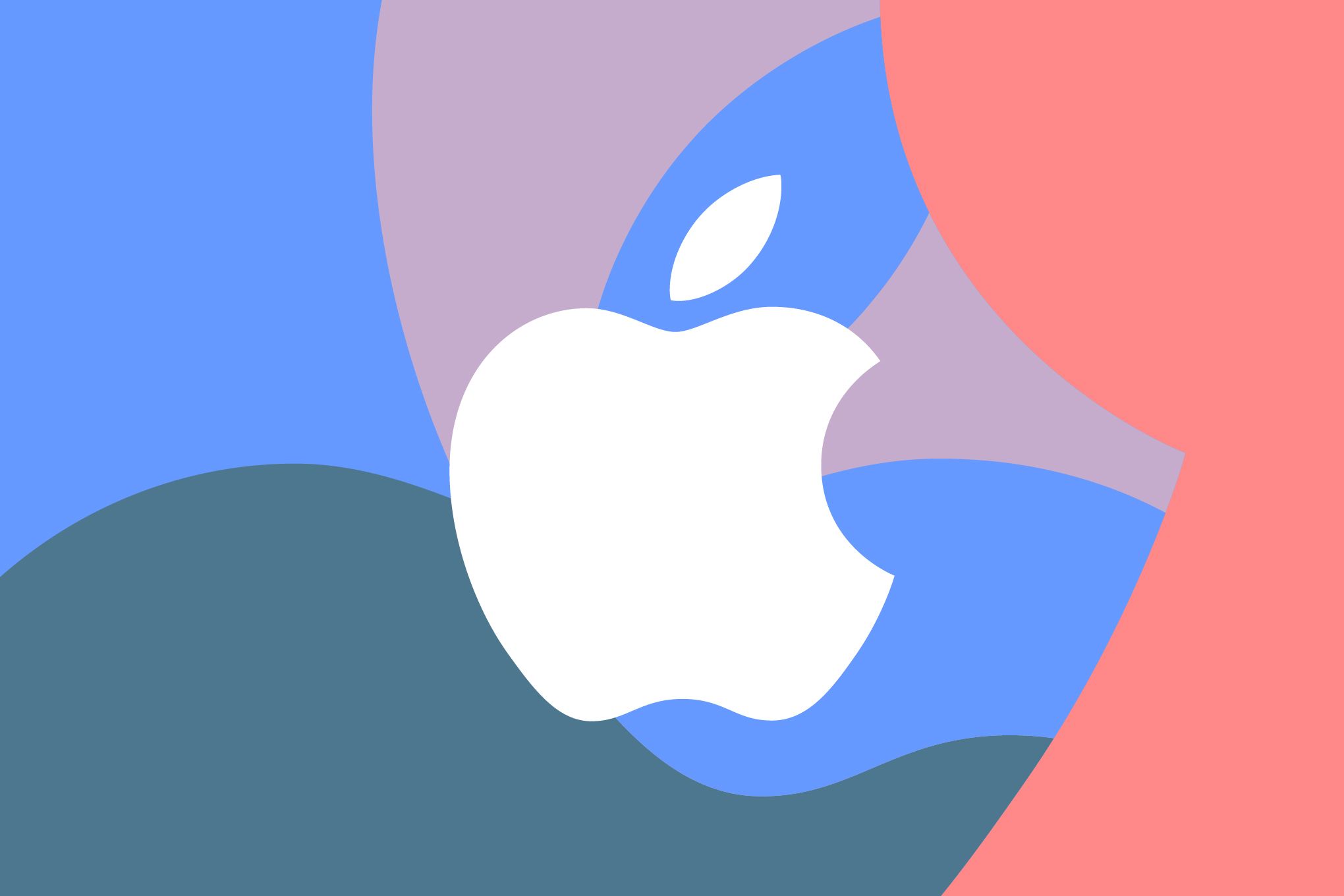Two veteran Apple executives are breaking ranks to publicly condemn the company's removal of ICEBlock from the App Store, calling it a betrayal of the principles that once made Apple a champion of user privacy. Their unprecedented criticism signals a growing rift between Apple's stated values and its willingness to comply with government demands without legal process.
Apple is facing an internal revolt from its own alumni over the company's quiet removal of ICEBlock and other ICE-spotting apps from the App Store last week. The backlash comes from two veteran executives who helped build Apple's reputation as a privacy-first company, and their public criticism represents a rare breach of the tech giant's typically unified corporate culture.
Wiley Hodges, who spent over two decades at Apple developing products like Xcode and Swift, published a scathing letter to CEO Tim Cook expressing his dismay at what he sees as corporate capitulation. "I used to believe that Apple were unequivocally 'the good guys,'" Hodges wrote, according to initial coverage by Daring Fireball. "I now feel like I must question that."
The controversy stems from Apple's decision to pull ICEBlock after US Attorney General Pam Bondi claimed the immigration enforcement tracking app "is designed to put ICE agents at risk just for doing their jobs." Google followed suit by removing similar apps like Red Dot, though it reportedly didn't receive any formal DOJ request.
What's striking about Hodges' criticism isn't just its directness, but how it contrasts Apple's current stance with its defining moment in 2016. Back then, Apple famously refused FBI demands to break into a San Bernardino shooter's iPhone, taking the case all the way to court. "That act of lawful, principled defiance of government intimidation and jawboning helped to convince people that Apple's actions and stated ideals were in alignment," Hodges noted.
But the ICEBlock removal "squanders that same good faith," he argues, particularly since it appears to contradict Apple's own human rights policy, which commits the company to supporting an open society even when it "disagrees" with local laws. The key difference, Hodges points out, is that Apple complied this time "without evidence of the government either providing a lawful basis for such a demand or following a legal process."
